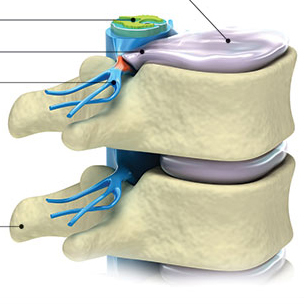BMI Calculator
How to lower your risk of health problems
Did you know that begin overweight can put you at extreme risk for health problems including cancer, diabetes, heart disease and a variety of joint problems. Use the tool below to plug in your height and weight to determine your Body Mass Index and if you are overweight, underweight or at ideal weight. BMI is the most common method used by healthcare providers and life insurance companies to determine if a person is at a healthy weight for their height, underweight or morbidly obese.
Supplied by BMI Calculator USA
How to interpret Your Body Mass Index
Body mass index (BMI) is a measure of body fat based on height and weight that applies to adult men and women. In other words, BMI is a way to help you figure out if you are at a healthy weight for your height. With BMI, the higher the number, the more body fat a person has. BMI is used to broadly define different weight groups in adults 20 years old or older. The same groups apply to both men and women.
- Underweight: BMI is less than 18.5
- Normal weight: BMI is 18.5 to 24.9
- Overweight: BMI is 25 to 29.9
- Obese: BMI is 30 or more
For those with BMI’s over 30, the Centers for Disease Control categories obesity as follows:
- Class 1 obesity: BMI of 30 to < 35
- Class 2 obesity: BMI of 35 to < 40
- Class 3 obesity: BMI of 40 or higher. (Extreme obesity or “morbidly obese”)
An individual is considered morbidly obese if he or she is 100 pounds over his/her ideal body weight, has a BMI of 40 or more, (or 35 or more if they are also experiencing obesity-related issues like high blood pressure or diabetes).
Conditions caused by obesity
Being overweight can cause the following health problems:
- Joint problems: Extra weight can damage the bones and muscles in the knees and hips, as well as place extra strain on the discs in the back.
- Type 2 diabetes: Those who are obese can become resistant to insulin, which regulates blood sugar levels, resulting in type 2 diabetes
- High blood pressure & heart disease: Excess weight can lead to high blood pressure, strokes and heart attacks.
- Sleep apnea: Being overweight can block air passages, causing sleep apnea and sleep disorders.
- Urinary stress incontinence: A large, heavy abdomen can weaken the valve on the urinary bladder, allowing leakage when coughing, sneezing, or laughing.







